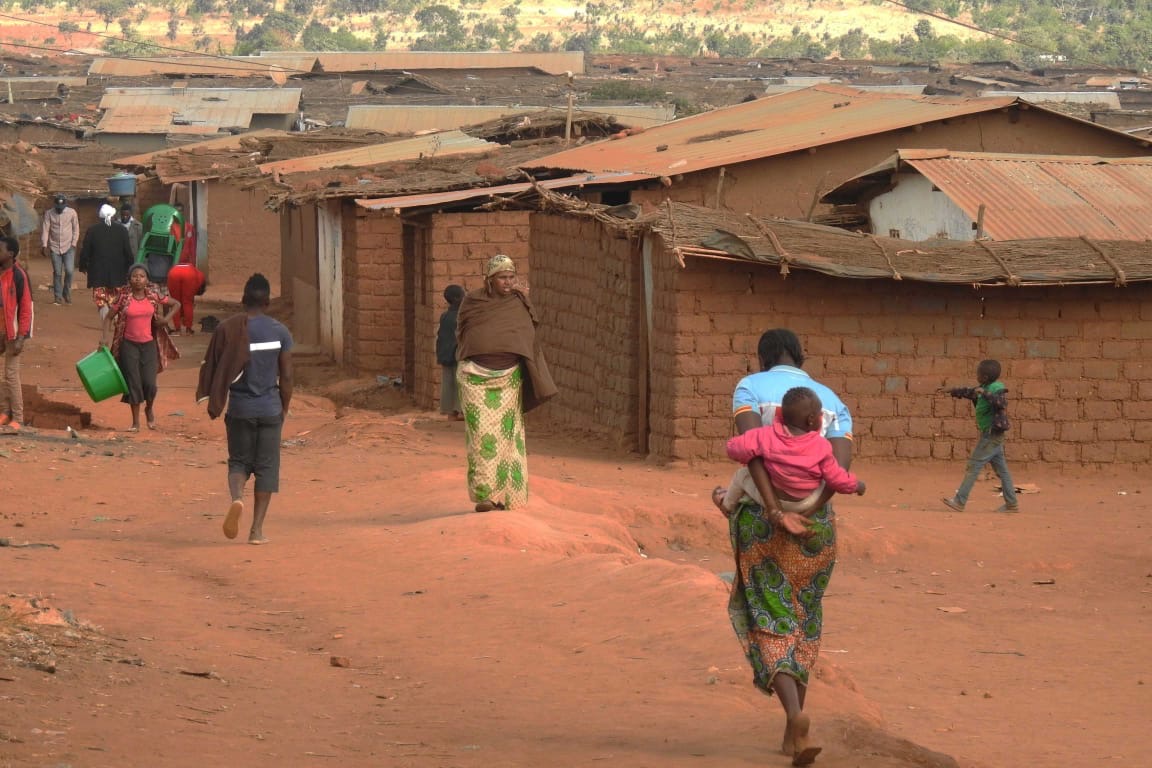Dzaleka (Malawi) : life is getting harder and harder

Several refugees in Dzaleka camp in Malawi see their future mortgaged by the very difficult living conditions. Those who try to do small businesses or agriculture find themselves discouraged by a xenophobic climate in the host community. They are asking the Malawi government and the UNHCR to get involved in finding a solution to this problem. INFO SOS Médias Burundi
Refugees first denounce the untimely reductions in their rations for some time. « We have seen the quantity of our ration decrease by up to half in one year. No explanation or hope of seeing it increase again from the UNHCR,” says a Burundian refugee.
Those who have the courage to undertake small agricultural projects first lack capital or else encounter resistance from the host community.
“My neighbor had found a piece of land that he rented 5 km from here, but he did not harvest his cornfield. Rather, he almost lost his life : citizens told him that he does not have this right. And he is not the only one. Many here have chosen to abandon this type of initiative,” says a community leader from the Karonga area.
“Unfortunately, we have nowhere to file complaints,” he laments.
Refugees who manage to obtain leniency from citizens lack the market. This is the case for a small cooperative of vegetable growers.
« This season, these women had a satisfactory production of tomatoes, onions, cabbages and peas. But they did not have a market because we are not allowed to leave the camp and moreover to sell in trading centers in surrounding villages. This production is rotting in the stocks here or is consumed in the camp, » adds the local leader.
The host community accuses refugees of violating the law of supply and demand in the market because they sell at low prices.
This attitude is denounced by the refugees who ask the UNHCR and administration authorities of the Dowa district where the Dzaleka camp is located to organize several integration sessions between refugees and host communities and to encourage entrepreneurship initiatives in the camp.
They also suggest allowing them to move freely, to leave the camp and try to fill the gap left by the reduction in their ration.
This happens at a time when the Dzaleka camp continues to expand while it is already overwhelmed, according to the administration, which announced to the refugees that a relocation plan was already underway.
It has more than 50,000 refugees, including more than 11,000 Burundians, more than three times its capacity.

